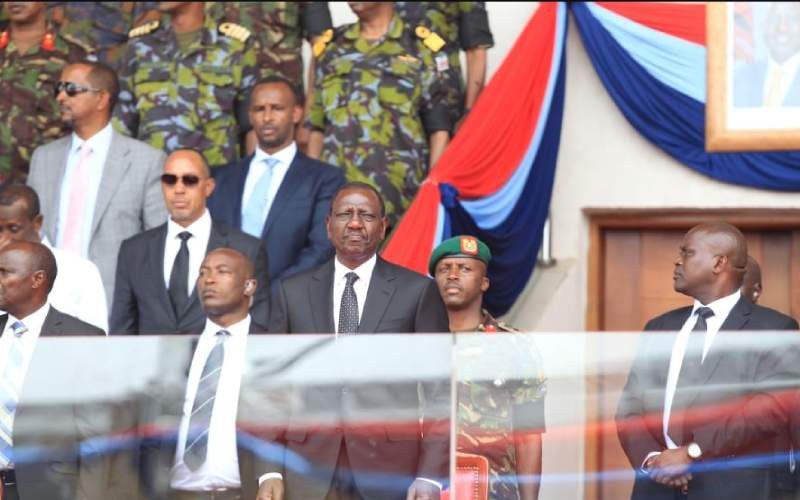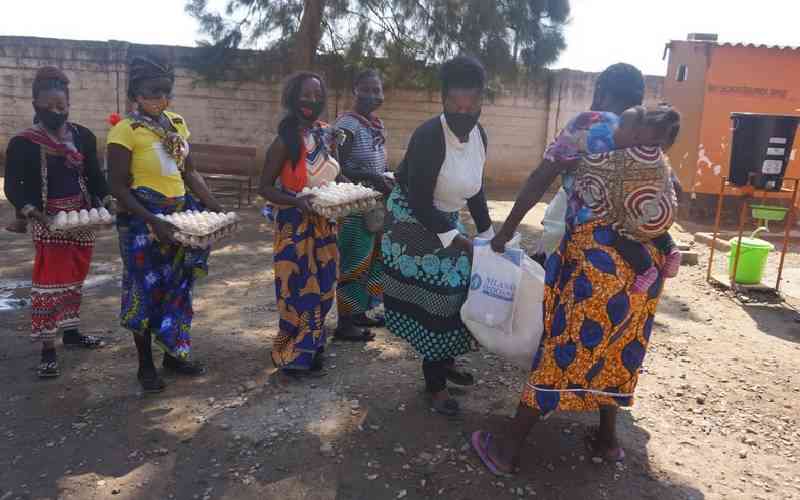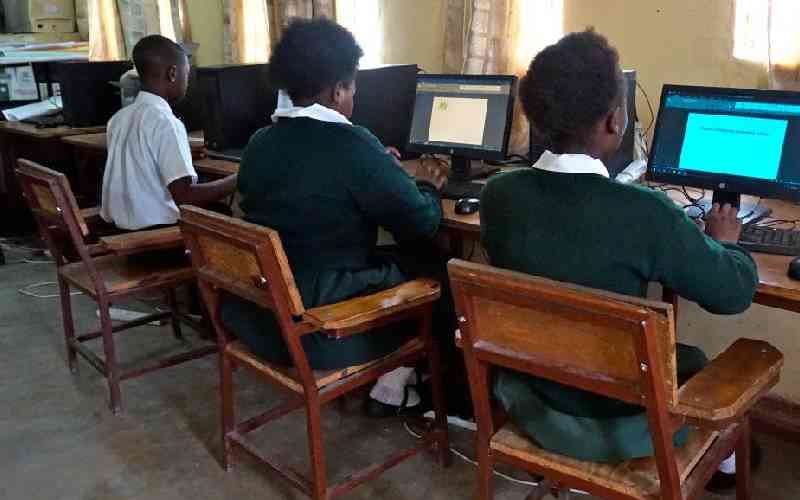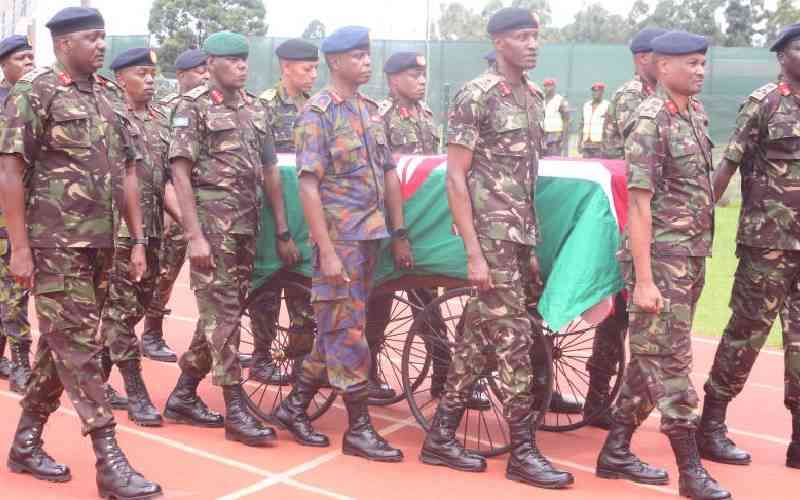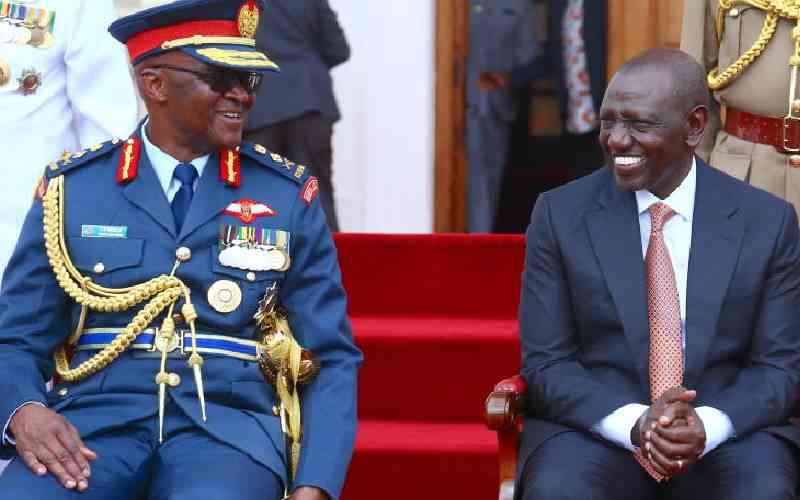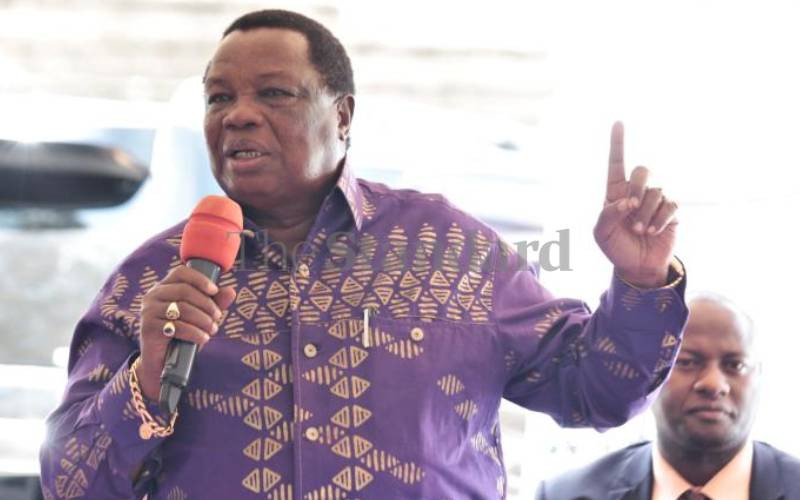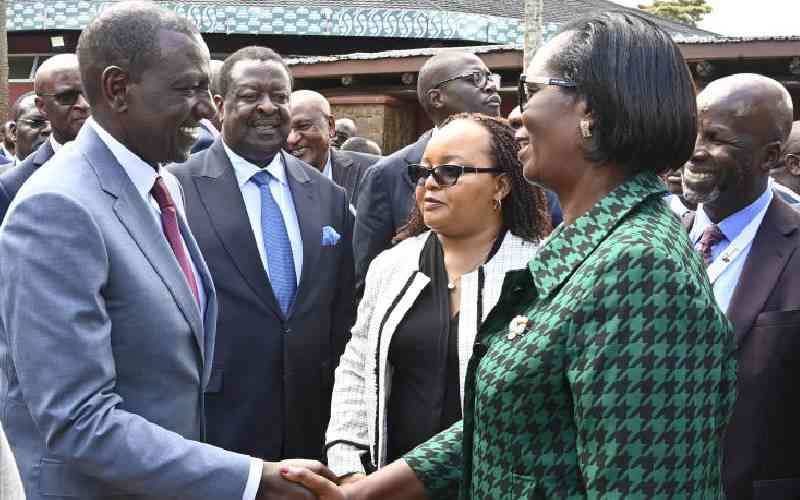By Ng’ang’a Gicumbi
The appointment of Guy Scott as Vice-President of Zambia last year was a first bold step by an African State in changing perceptions and outlooks.
Indeed, Mr Scott is not a new face in Zambian politics having served between 1991 and 1995 as Agriculture minister. Unlike in Kenya, Zambia, Zimbabwe and South Africa have had whites and people of Asian origin as ministers but none of them have occupied the lofty position of VP, which in the case of Zambia, is only a heartbeat away from the presidency.
But not everyone supported President Sata’s choice. The powerful Paramount Chief Chitimukulu of Mr Sata’s homeland of Northern Province denounced his decision to pick Scott arguing ‘having a white man as VP or president would mean the independence struggle was in vain’.
Leading in trashing the remarks was The Post, a popular news paper in Zambia, which wrote in its editorial: ‘The reasons Chitimukulu gives for his refusal to accept Guy Scott as a potential VP belong to the dustbin of an uncivilised society... Guy is a Zambian and qualifies in every way to stand for any political office of his choice in this country. The colour of his skin should never be a barrier.’
I would suggest that as presidential aspirants shop around for running mates, it will be worth their while to break with tradition and seek instead a running mate from say the Asian community in Kenya, some of whose members have played an enviable role in the freedom struggle.
This will in a sense show the world that we have matured as a democracy and it could help us in the quest for a peaceful political transitioning especially in our tribally fractious political reality. In this regard, I fully concur with Scott when he says it is time for Africans to move beyond the ‘colonialism nonsense’ and embrace the rising tide of cosmopolitanism.
The Hindus, among the Asian community in Kenya, have played a sterling role in our political history and some names are synonymous with the freedom struggle itself. Thus it will not entirely be a strange idea if their loyalty is rewarded in a significant way since this is not strange in politics.
What is strange and cause for many a political disorder is when people shove aside their political helpers once they assume power especially when they are assisted under a lot of duress. This is the story behind Kibaki-Raila rivalry that nearly plunged this nation in a Rwanda like genocide.
That aside, the perception that Hindus as a collectivity are only keen on milking the nation dry are as false as they dangerously border on hate crime. True, there are Asian and Hindu persons who have been mired in all manner of corruption; but their acts are not unique when compared to similar acts by other Kenyans.
The collectivisation of acts of corruption by individuals tends to cloud the role that some of their great sons and daughters have played in the freedom struggle. Such towering figures as A M Jeevanjee (of Jeevanjee Gardens fame) and M A Desai, continuously and successfully challenged settler territorial and colonial ambitions.
Others like Makhan Singh spent years in detention in the struggle for Kenya’s freedom. Mrs Lila Patel and her husband Ambu Patel led the movement for the release of Jomo Kenyatta and the home of J M Desai served as a base of nationalist politics.
In law, advocates such as A R Kapila, Jaswant Singh and Chanan Singh defended Bildad Kaggia, Jomo Kenyatta, Paul Ngei, Achieng Oneko and Kung’u Karumba at their trial at Kapenguria in 1952-1953 together with countless Mau Mau cases. Chief Justice C B Madan led the Bench from 1986-1988 and has been hailed as the finest chief justice in Kenya so far.
In the struggle for the freedom of the press, D K Sharda, Sitaram Achariar, N S Thakur and four generations of the Vidyarthi family played a long and critical part during the struggle. Achariar printed the Kikuyu Central Association newspaper Muigwithania and the Vidyarthi’s published the Kenya African Union’s Sauti ya Mwafrika, Henry Gathigira’s Habari za Dunia, Henry Mworia’s Musmengerere and Francis Khamisi’s Mwalimu. These papers, printed between 1920 and 1963, were direct challenges to the colonial Government.
Today, Rashmin Chitnis is synonymous with the Ufungamano initiative, while the selflessness of Muljibhai Pindolia and Prabhudas Pattni have continued to ensure the mentally disabled people of Kenya continue to gain political recognition through their support for the Kenya Society for the Mentally Handicapped.
Stay informed. Subscribe to our newsletter
To his credit, Raila supported an Asian Shakil Shabbir for the Kisumu Town East parliamentary seat. Though measly, this was an important step in appeasing the demons of history.
The writer is a behaviour scientist.
 The Standard Group Plc is a
multi-media organization with investments in media platforms spanning newspaper
print operations, television, radio broadcasting, digital and online services. The
Standard Group is recognized as a leading multi-media house in Kenya with a key
influence in matters of national and international interest.
The Standard Group Plc is a
multi-media organization with investments in media platforms spanning newspaper
print operations, television, radio broadcasting, digital and online services. The
Standard Group is recognized as a leading multi-media house in Kenya with a key
influence in matters of national and international interest.
 The Standard Group Plc is a
multi-media organization with investments in media platforms spanning newspaper
print operations, television, radio broadcasting, digital and online services. The
Standard Group is recognized as a leading multi-media house in Kenya with a key
influence in matters of national and international interest.
The Standard Group Plc is a
multi-media organization with investments in media platforms spanning newspaper
print operations, television, radio broadcasting, digital and online services. The
Standard Group is recognized as a leading multi-media house in Kenya with a key
influence in matters of national and international interest.


